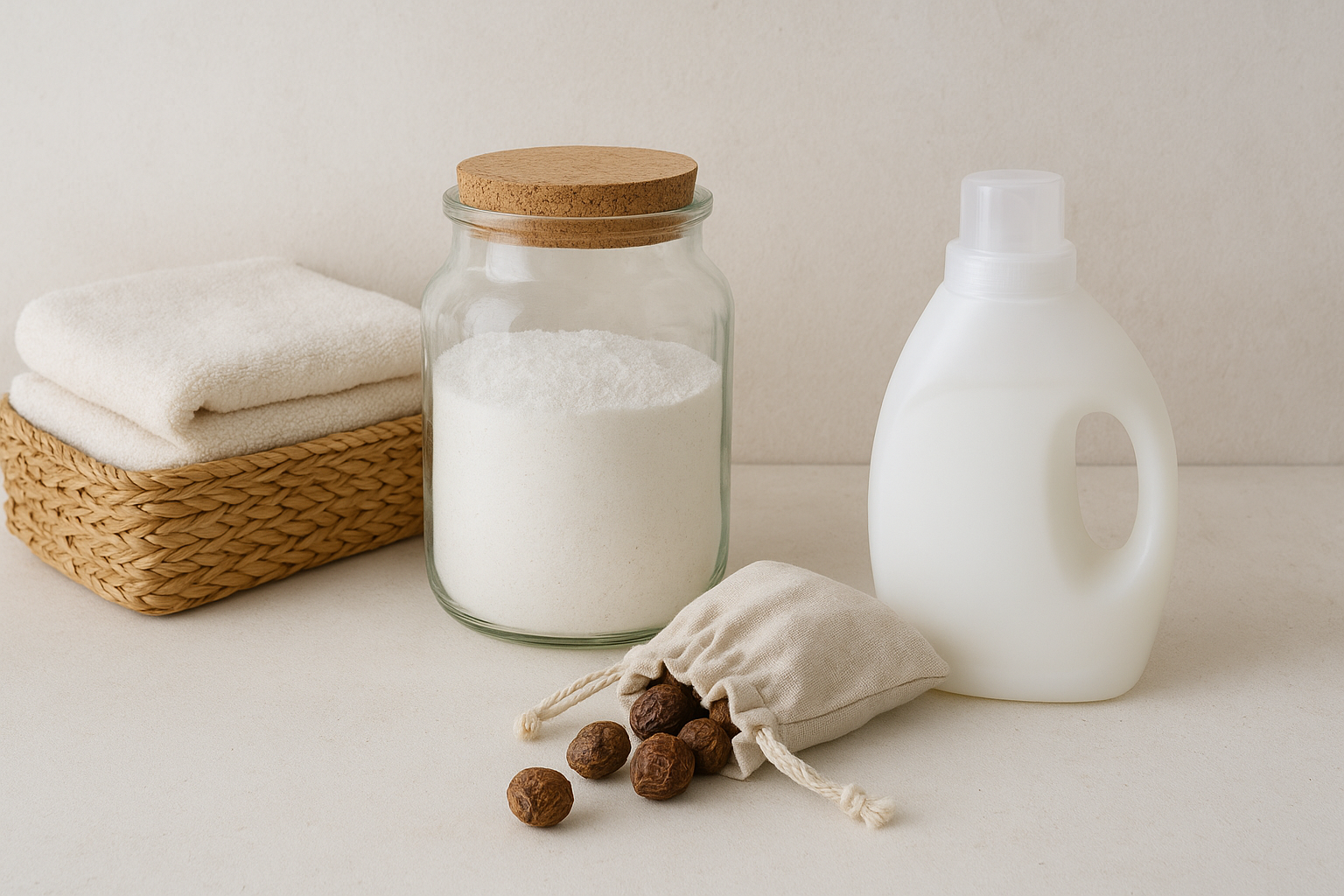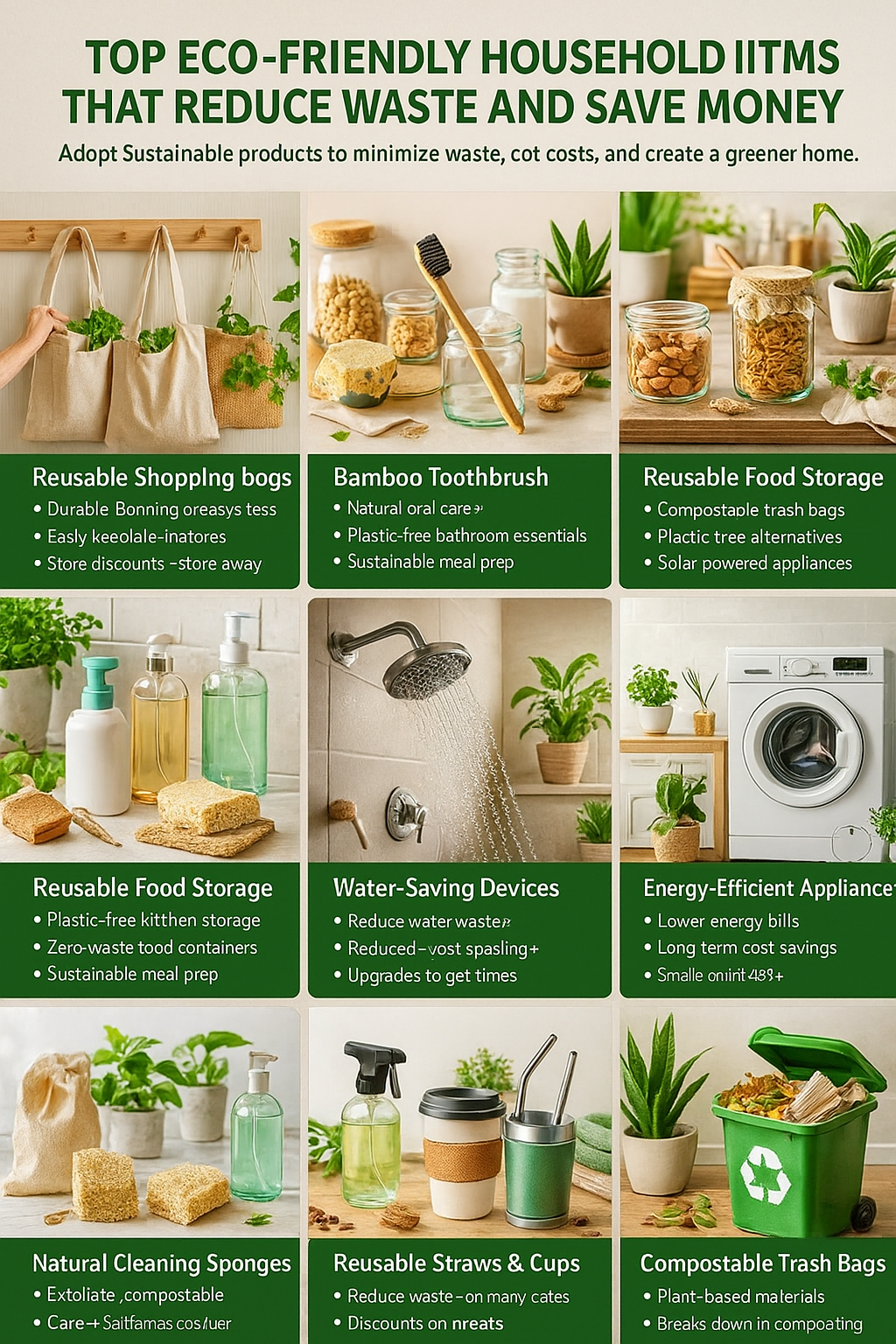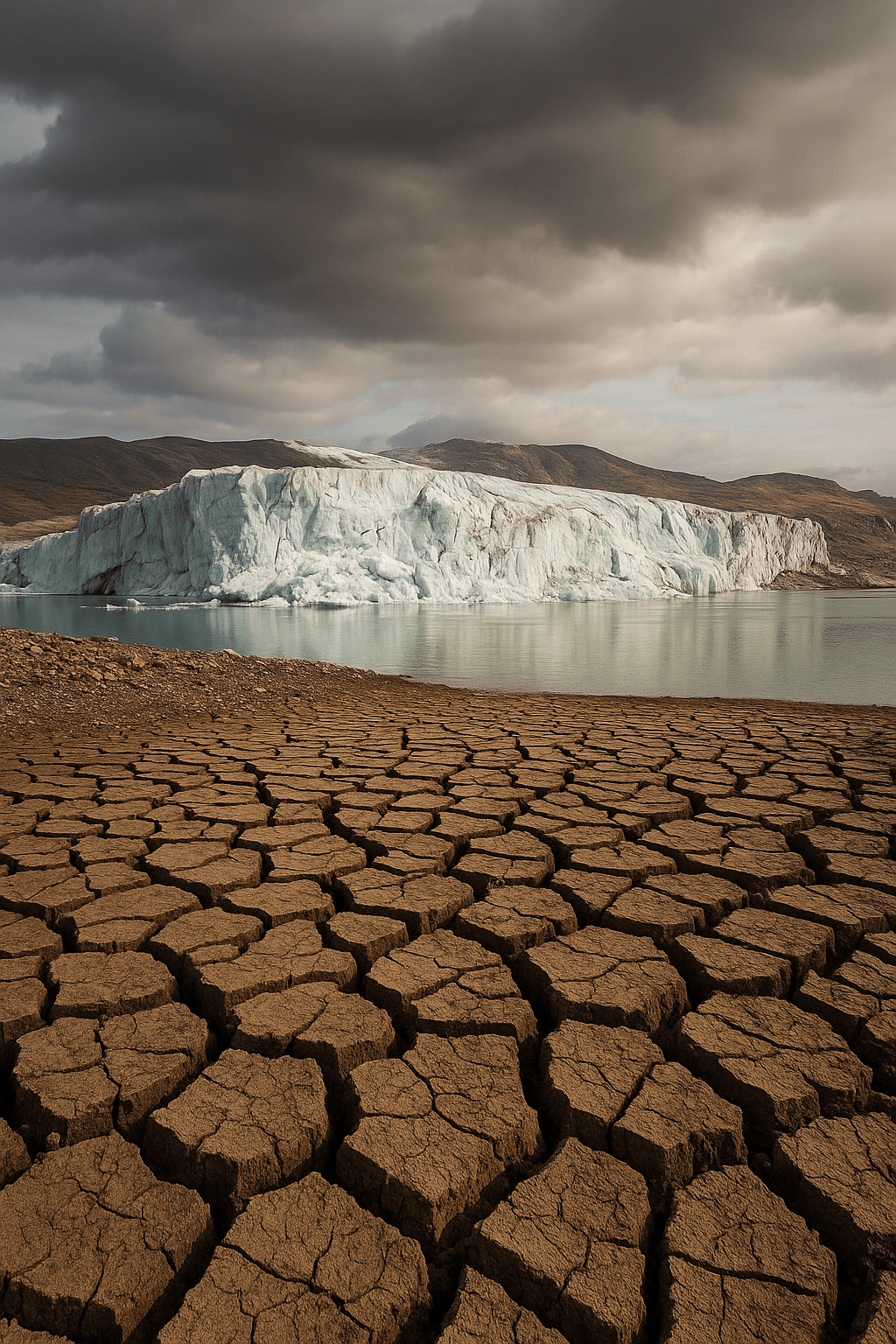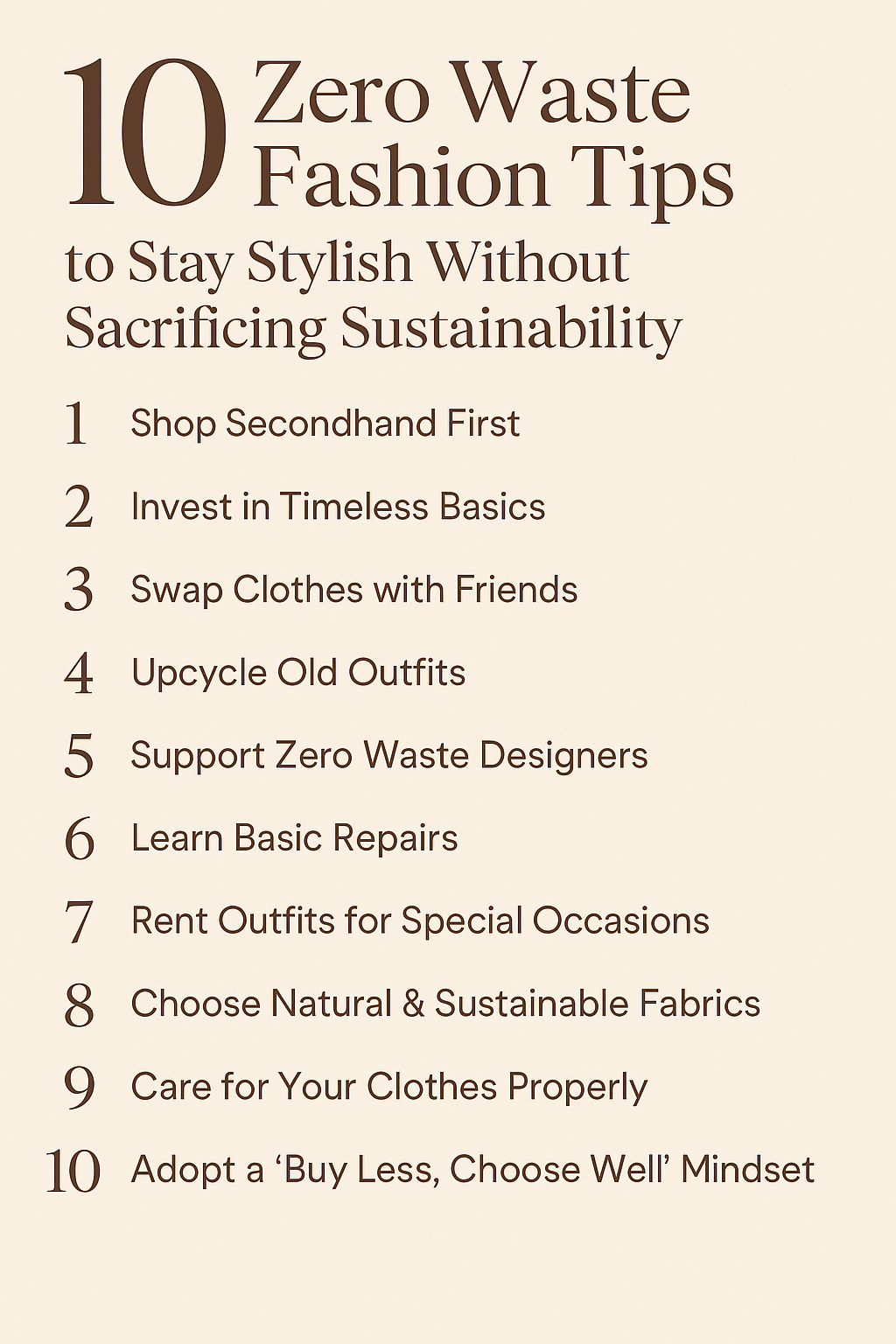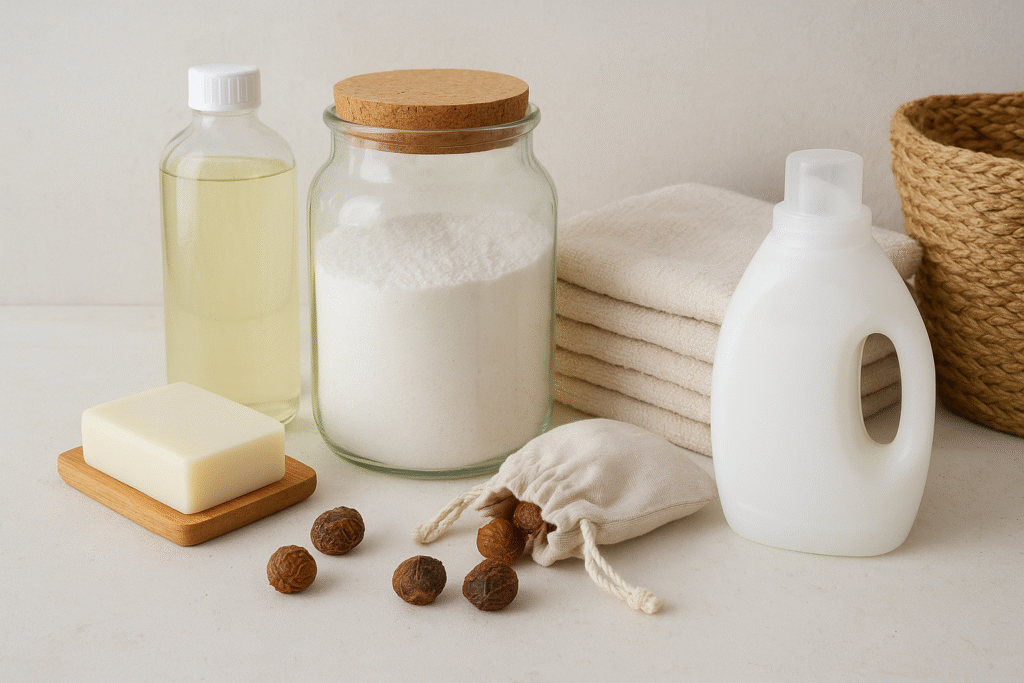
Laundry is one of those chores we all do without thinking much about it. However, what often goes unnoticed is how our laundry habits impact the environment. From the amount of water used in each wash cycle to the harmful chemicals released into rivers and oceans, traditional laundry practices have a hidden environmental cost. In fact, washing machines account for nearly 17% of household water use, and many detergents contain phosphates that damage marine life. The good news is that by switching to eco-friendly laundry products and methods, you can save money, protect your clothes, and reduce your carbon footprint—all without sacrificing cleanliness.
Why Switch to Eco-Friendly Laundry?
Making the switch to eco-friendly laundry may seem like a small step, but the benefits are surprisingly significant. For one, eco-friendly detergents and sustainable washing habits reduce the release of harmful chemicals into our waterways. They are also gentler on fabrics, which means your clothes last longer and don’t wear out as quickly. Beyond that, changing the way you wash can cut down on energy bills. For example, simply washing clothes in cold water can save up to 90% of the energy normally used for a load, while still keeping clothes fresh and clean.
By making small adjustments, such as reducing dryer use or switching to reusable products, you not only protect the planet but also create a healthier home for your family. Eco-friendly laundry is proof that sustainability doesn’t require big sacrifices just smarter choices.
Eco-Friendly Laundry Detergents
One of the biggest culprits of environmental harm in laundry is detergent. Many traditional options are full of harsh chemicals, synthetic fragrances, and dyes that eventually make their way into rivers and oceans. Eco-friendly detergents, on the other hand, are biodegradable and made from natural ingredients. Plant-based formulas are both effective and gentle, while refillable detergent packs reduce the need for single-use plastic bottles.
For those who want to go fully natural, soap nuts are a fascinating alternative. These dried berries release a natural soap when soaked in water, providing a chemical-free wash that’s completely safe for the planet. By choosing better detergents, you are not only cleaning your clothes but also preventing toxic chemicals from entering the ecosystem.
Sustainable Fabric Care
Caring for your clothes in a sustainable way is just as important as the detergent you use. Washing in cold water helps maintain the color and quality of fabrics, while also saving energy. Running full loads instead of half-empty ones makes the most out of every wash cycle, reducing both water and electricity consumption.
Another growing concern is microplastic pollution. Synthetic fabrics like polyester shed tiny plastic fibers during washes, which eventually end up in oceans. Using eco-friendly laundry bags or microfiber filters can trap these fibers before they escape, reducing pollution by up to 99%. This small investment helps protect marine life while still letting you enjoy your favorite clothes.
Eco-Friendly Drying Methods
Dryers are convenient, but they consume a significant amount of energy often more than the washing machine itself. Switching to air drying whenever possible is a simple yet impactful step. Clothes not only last longer when air-dried but also retain a fresher scent. If using a dryer is unavoidable, wool dryer balls are a great eco-friendly option. They reduce static, soften clothes naturally, and cut drying time by around 25%.
Another easy habit to adopt is running an extra spin cycle in your washing machine. This removes excess water from clothes and speeds up drying, whether you hang them outside or use a machine. It’s a small adjustment, but it makes a noticeable difference in energy savings.
Other Eco-Friendly Laundry Essentials
Beyond detergent and drying methods, there are several other eco-friendly products that make laundry greener. Instead of single-use dryer sheets, reusable fabric softeners last for months and reduce unnecessary waste. Concentrated detergents are another smart choice, since they require less packaging and often provide more washes per bottle. For tackling tough stains, natural ingredients like vinegar, baking soda, or lemon juice work just as effectively as chemical-laden stain removers, but without the harmful side effects.
The Bigger Impact of Eco-Friendly Laundry
When you adopt eco-friendly laundry practices, you are not just helping your household you are contributing to a global effort to protect the planet. On average, families that switch to sustainable laundry routines save thousands of liters of water per year, cut energy consumption significantly, and reduce chemical pollution. Beyond the environmental impact, you’ll also find that your clothes stay in good condition for much longer, reducing the need to buy new ones and lowering textile waste.
The long-term benefits extend to your wallet, too. Air drying reduces electricity bills, concentrated detergents last longer, and washing at lower temperatures keeps both your fabrics and your energy costs in check. Each small change may not feel like much, but together, they add up to a powerful positive impact.
Conclusion
Eco-friendly laundry doesn’t have to be complicated or expensive. It’s about making simple, mindful choices that protect the environment, save money, and keep your home healthier. By switching to plant-based detergents, washing in cold water, reducing dryer use, and embracing natural alternatives, you’re making a real difference not only for your household but for the planet.
Remember: progress matters more than perfection. Start with one small change, and over time, you’ll see how much greener your laundry routine can become. Together, we can create cleaner clothes and a cleaner world one load at a time.

